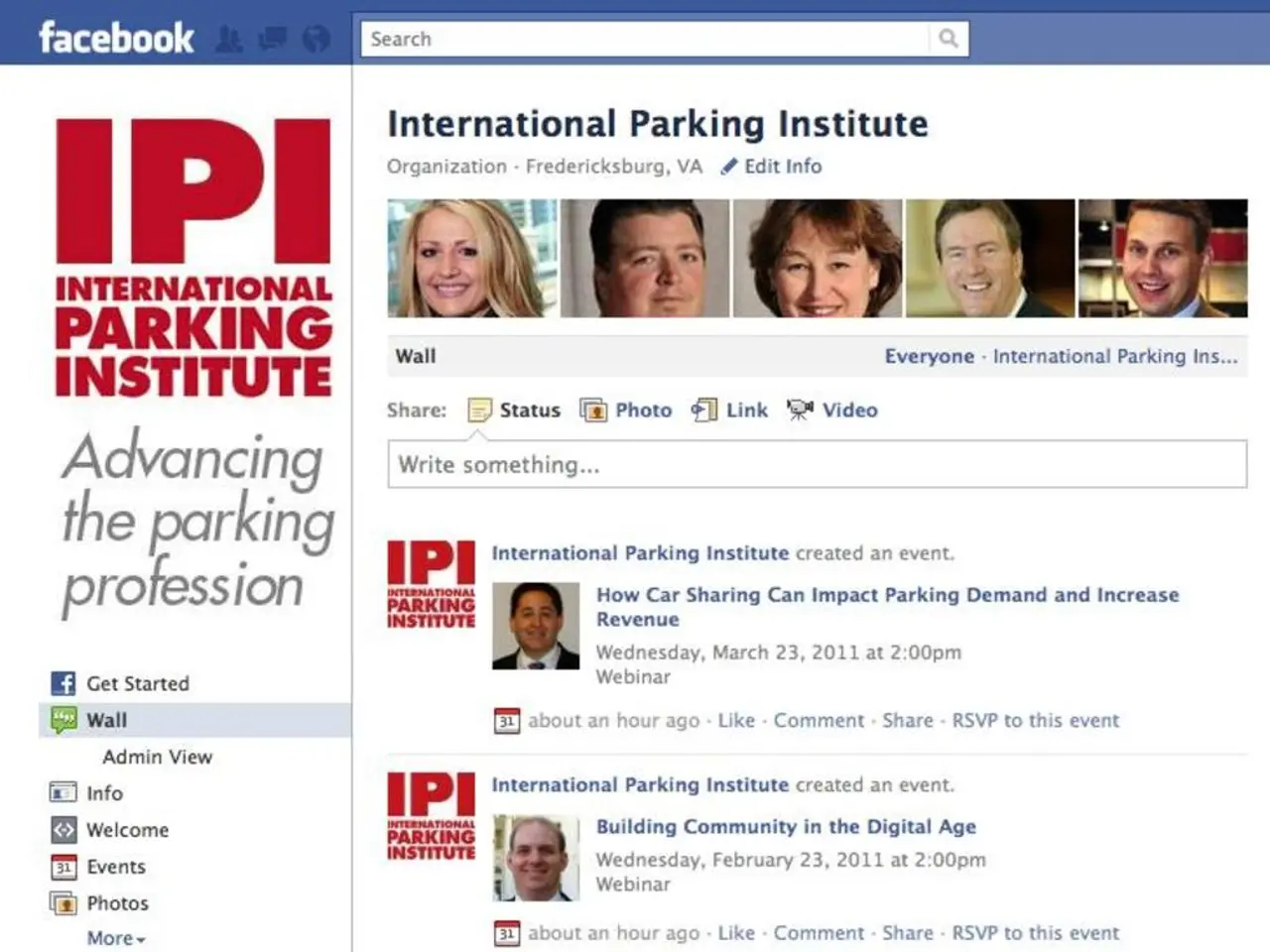American Millennials Identified as Most Self-Critical and Critical towards Others in Recent Poll
In the year 2023, a comprehensive survey conducted by Harris Insights & Analytics, on behalf of TENA, shed light on self-criticism and the conditions of older Americans related to everyday experiences. This study delved into aspects like anxiety and personal hygiene, offering a fascinating insight into societal norms and individual perceptions.
One of the key findings revealed a cyclical relationship between personal shame and judgment. The survey suggested that the more someone feels shame, the more likely they are to judge others. This cycle of shame and judgment seems to be fueled by personal insecurities, according to the study.
Societal pressures around appearance and emotional control appear to shape perceptions of vulnerability. For instance, the survey findings indicate that the Midwest has lower judgment rates towards everyday mishaps compared to other regions. Conversely, the Northeast focuses more on social dress codes, and the South is sensitive to public falls.
The survey also highlighted some interesting gender differences. Women are more likely to feel shame about sweat patches and wardrobe malfunctions compared to men. On the other hand, men report higher discomfort buying intimate products and are more judgmental towards emotional outbursts like anxiety.
Interestingly, women are less judgmental overall compared to men, according to the survey. However, the West has a relaxed stance on personal health discussions, which could potentially contribute to this finding.
In conclusion, this survey provides a valuable understanding of the complex interplay between societal norms, personal insecurities, and individual judgments. It serves as a reminder that empathy and understanding are crucial in fostering a more inclusive and supportive society.
Read also:
- Peptide YY (PYY): Exploring its Role in Appetite Suppression, Intestinal Health, and Cognitive Links
- Toddler Health: Rotavirus Signs, Origins, and Potential Complications
- Digestive issues and heart discomfort: Root causes and associated health conditions
- House Infernos: Deadly Hazards Surpassing the Flames








